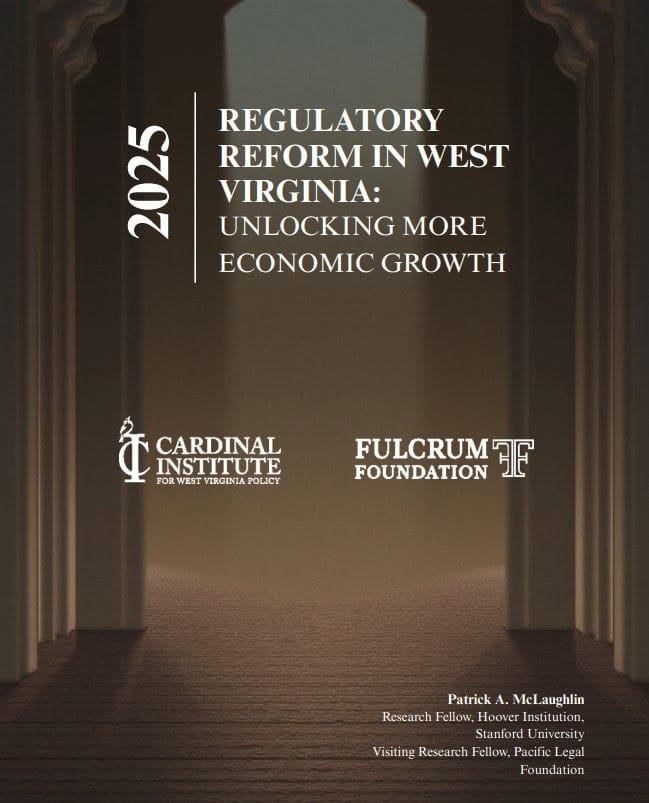
Public School Sports Access in West Virginia
Cardinal Team
Private & Homeschool Families Ask About Sports
My role as the Education Outreach Coordinator has taken me to many events to promote the Hope Scholarship. I have spoken with families, parents, and children about the program as well as other education related policy issues. During my first event, I spoke with a family who asked, “why can’t private school students play sports at a public school, like homeschool students can with the Tebow Law?” This post is the answer to that question. I will explain the requirements for students who wish to participate in public school sports. Then, I will give an overview on the debate about access to sports.
In order to answer that question, I set up a phone call with Jamie Buckland, State Coordinator for WV Homeschoolers for SSAC Access. Cardinal and Jamie have partnered together on other projects, and because she lobbied for homeschool access and works on the implementation, I wanted to get information directly from the source. The following is what I was able to gather through my own research and conversation with Mrs. Buckland.
Definitions & Rules
Here are a few definitions for this post:
- Public School: a free tax-supported school controlled by a local governmental authority (a school supported by public funds).
- Private School: a school that is established, conducted, and primarily supported by a nongovernmental agency (a school which isn’t supported by public funds).
- Homeschool: learning outside of the public or private school environment (These students are exempt from the compulsory school attendance requirement).
These distinctions are important for understanding the nature of this discussion.
The rules for public school sports are governed by the West Virginia Secondary School Activities Commission (WVSSAC) and subject to approval by the State Board of Education. The Rules and Regulations Handbook, outlines the requirements for participation in public school sports on pages 16-19. Students must enroll in a member school. Defined in 127-2-6.1, enrollment means as working towards four content area courses towards graduation.
This attendance requirement is different for homeschool students. The requirements under 127-2-3.11 require
- home school students to enroll in at least one virtual course during the academic year,
- show strong academic progress, and
- have homeschooled for one academic year preceding interscholastic sports participation.
Private schools can participate if they meet the requirements to become a member school with the WVSSAC. On Page 2 in The Rules and Regulations Handbook, membership requirements are explained. If a private school has not taken the steps to become a member school, while their students may be permitted to participate in competitions during the regular season at the discretion of the county or school, they may not be eligible for tournaments or playoffs sanctioned by the WVSSAC.
Legislative Debate About Public School Sports Access
The West Virginia State Legislature did debate this issue during the 2020 regular legislative session. Legislators introduced two different bills in an attempt to provide more opportunity for the youth in West Virginia. The version passed by the Senate Education Committee allowed for both private and homeschool students to participate in public school sports, a true Tim Tebow Act, while the houses’ version, which was ultimately signed into law, only allows homeschool students to participate.
Legislators excluded private schools from the Tim Tebow Bill because of concerns about unintended consequences from including private schools. Senator Mike Romano (D-Harrison) explained that his opposition to the legislation came from the impacts it would have on private and parochial schools who are not members of the WVSSAC. He explained, ““When you go to a private or parochial school, you might not even be from the same county or the same part of the state. You might not even be from this state, but we’re going to give them unfettered access to our public schools’ sports activities. I think that is a mistake.” Because of concerns like this, legislators narrowed the bill to allow only homeschoolers to play.
In summary, private school students are often unable to participate in public school sports because they are not WVSSAC members.
Andrew Bambrick is the Education Outreach Coordinator for the Cardinal Institute for West Virginia Policy.







